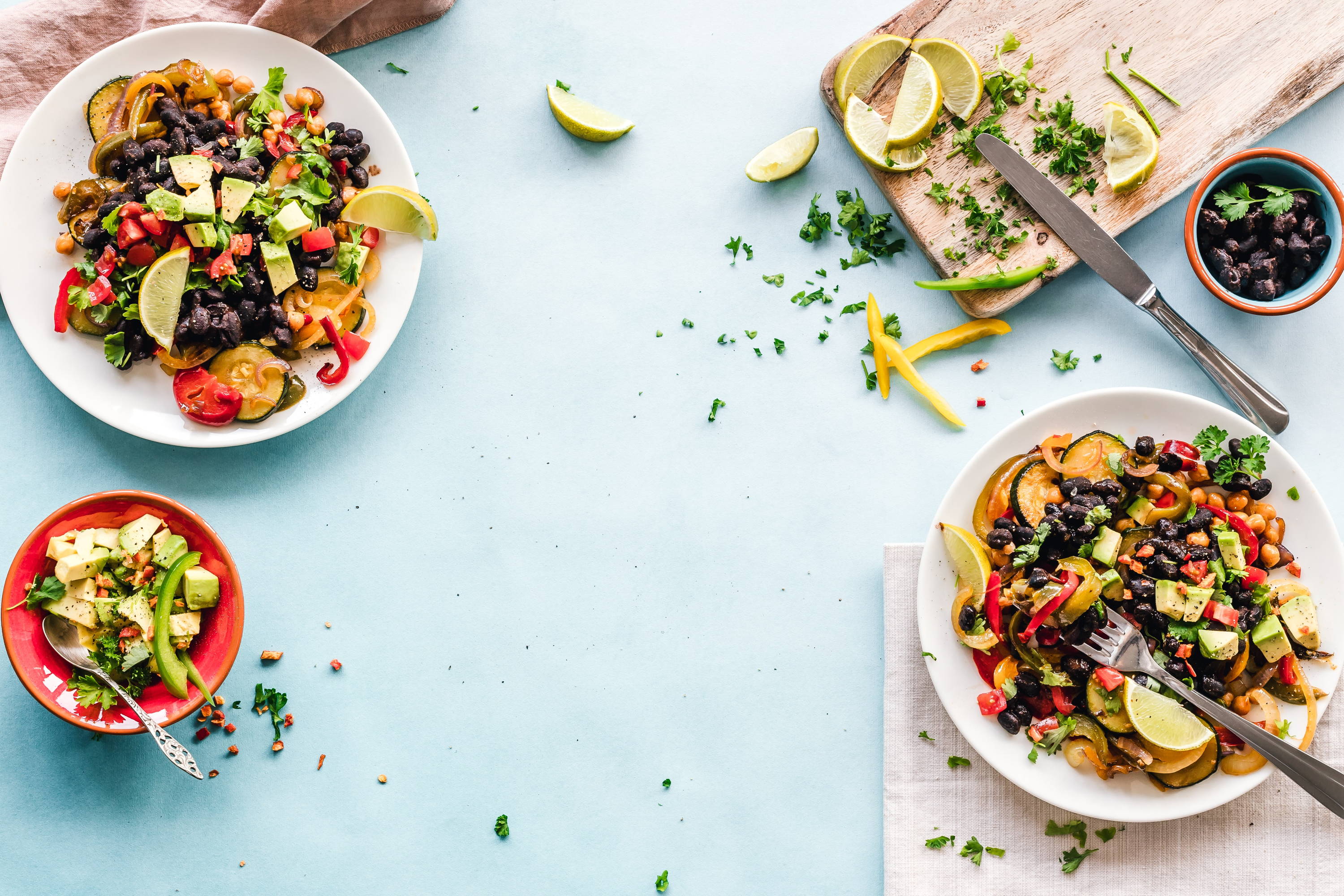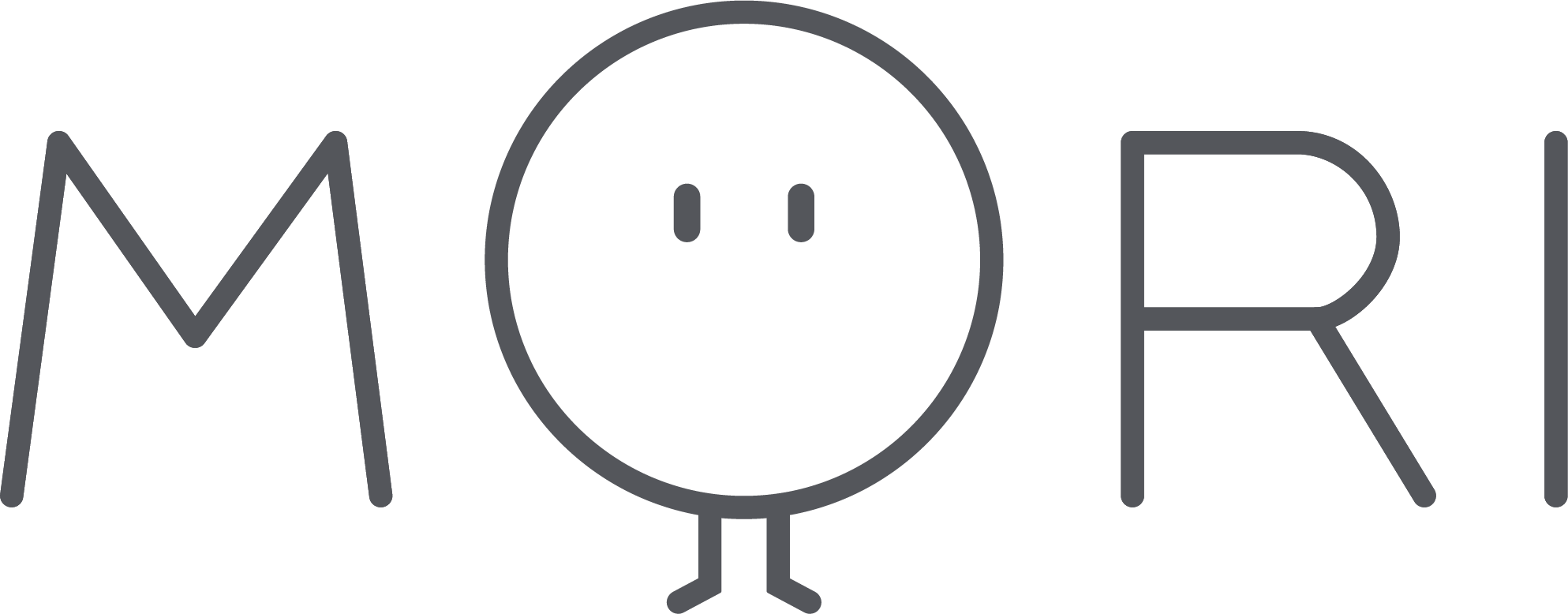9 foods to eat through pregnancy

Nutrition during pregnancy is one of the most important ways of keeping your baby growing & healthy. Kayleigh McMordie, MCN, RDN, is a dietician and mother and has put together the top 9 foods you should eat through pregnancy to stay healthy, nourished & feeling good.
Women’s bodies are simply amazing, aren’t they? For 9 months they are house and nourish a tiny life, providing all the sustenance it needs to grow and develop into what will soon be a sweet little baby. How incredible is that?
And while we sometimes take for granted how our bodies naturally seem to know just what to do, it’s also hard work for us mamas. During pregnancy, nutrient needs are much higher in order to provide baby with everything she needs to develop correctly, and to make sure mama stays well, too. For a healthy mom and baby try incorporating these 9 nutritious foods into your diet during pregnancy.
salmon
All cells are made up of protein, so it’s crucial that women get enough protein during pregnancy. Besides being a great source of high quality protein, salmon is high in the omega-3 fatty acids EPA and DHA, which are essential for building baby’s brain and eyes1. Pregnant women can meet their EPA and DHA needs by eating a serving of fatty fish like salmon twice a week.
beef
Another great source of protein is beef, which is rich in iron, too. Iron is important for transporting oxygen around the body in red blood cells. Since blood volume increases up to 50% during pregnancy and your baby is storing up iron for the months following birth, your iron needs greatly increase2. Beef is an excellent source of high quality iron. Choose lean cuts like sirloin, tenderloin, flank steak, and lean ground beef.
spinach
Spinach and other leafy greens are loaded with many of the nutrients pregnant women need, such as vitamins C, A and K, fiber, potassium and calcium. But what makes spinach so perfect for pregnancy is a combination of folate and iron.
Folate is critical for the health of both mother and baby. It reduces the risk of preterm labor, low infant birth weight and neural tube defects and other birth defects in babies. Spinach is one of the best food sources of folate, although it’s still recommended you take a prenatal vitamin with folic acid to ensure you’re getting enough3.
lentils
Lentils (and other legumes) are another great source of both iron and folate, as well as plant protein, so add them to your diet frequently! Plant sources of iron aren’t as easily absorbed by the body as iron from meat, so it’s a good idea to pair them with a source of vitamin C to enhance absorption.
eggs
Eggs are a nutritional powerhouse made for pregnancy! Eggs not only contain high quality protein and lots of important vitamins and minerals, but they’re also one of the best food sources of choline, a nutrient similar to B-vitamins that is important for the development of baby’s brain, as well as for preventing neural tube defects. One large egg (with the yolk) will supply about 25% of a mom-to-be’s choline needs4.
oats
Oats and other whole grains are an excellent source of fiber-rich carbohydrates, which are needed to keep your energy up during pregnancy. Oats also contain B-vitamins and both soluble and insoluble fiber that can help relieve constipation and improve blood sugar control. If you’re feeling especially queasy during pregnancy, oatmeal is a great choice because it can be prepared plain so that it doesn't worsen nausea.
greek yogurt
Greek yogurt is a great source of both protein and calcium, which you need more of to help build baby’s bones during pregnancy. Greek yogurt also contains probiotics, which can help support mom’s digestive health at a time when bloating and gas are common.
avocados
Avocados are a great choice during pregnancy because they contain a mix of fiber and healthy monounsaturated fat that is great for building baby’s brain and other tissues. Avocados are also a great source of potassium, which could help ease those pregnancy leg cramps.
dates
Especially during the third trimester, dates are a great naturally sweet snack or dessert for moms-to-be. Eating dates daily in the last few weeks of pregnancy could reduce the gestation period and duration of labor, reduce the need for induction, and help speed up cervical dilation 5 - meaning you get to meet baby sooner! Try dipping dates in peanut butter for a quick and balanced snack or drizzle them with chocolate for a healthier dessert.
Kayleigh McMordie is a dietician and runs the Lively Table lifestyle website. You can find more helpful advice, recipes & healthy tips on her website.




